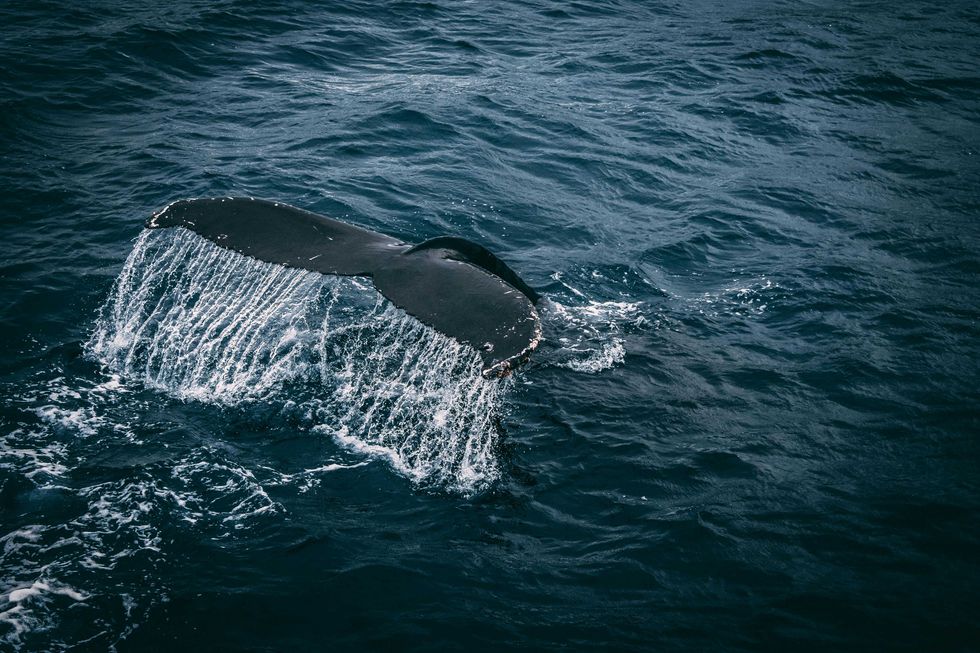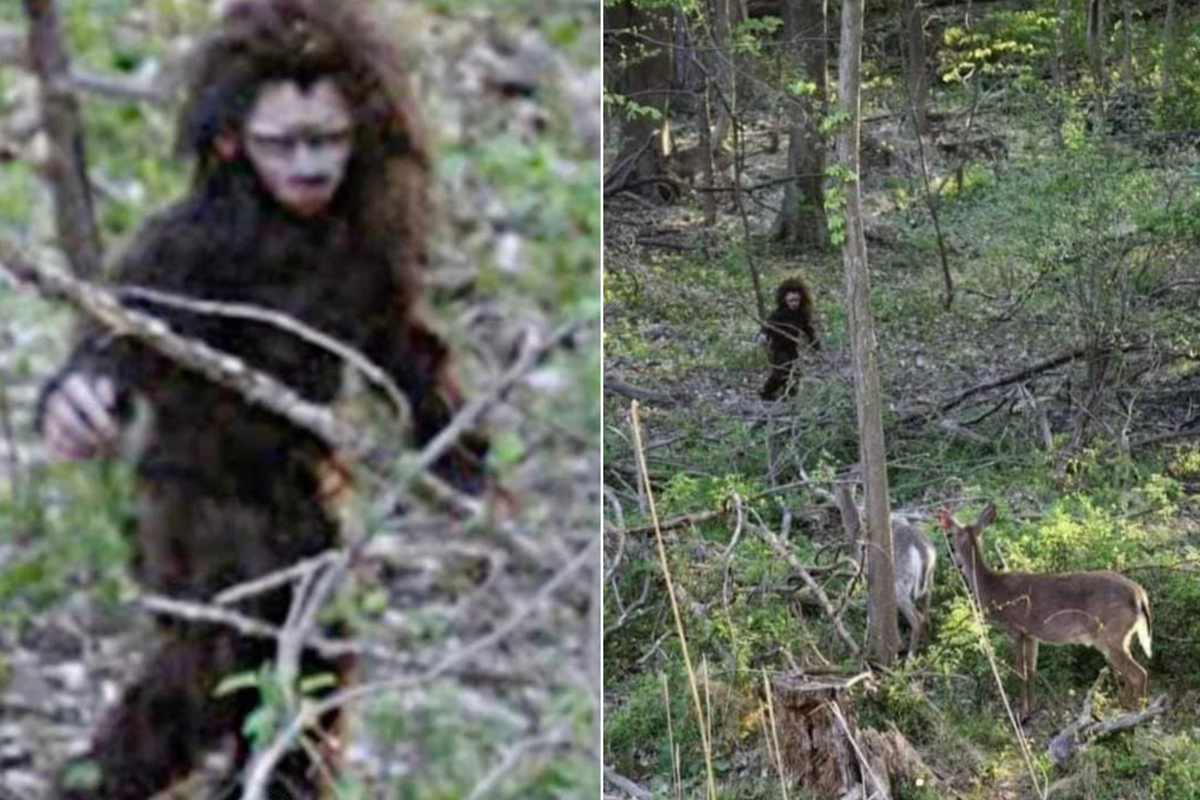Liam O'Dell
Nov 18, 2025
Related video: Rare footage Ccaptures sucker fish 'surfing' humpback whales off Australia's coast
New York Post / VideoElephant
American and Canadian researchers studying sperm whale clicks have made a fascinating discovery recently about how the animals communicate, noting that said clicks – known as codas – bear a strong acoustic resemblance to that of humans.
The abstract to the preprint, published on bioRxiv, states that the academics also found that the ‘whale vowels’ – if you will – also have similar patterns to human vowels “across several dimensions.
For example, the duration of codas resembling an ‘i’ sound (“i-codas”) has two distinct peaks, meaning there’s short i-codas and long i-codas.
The researchers also say that “edge clicks” which mismatch their specific coda often match an adjacent one, which they say “resembles human co-articulation”.

To put it another way, the scientists say these properties align closely with “the phonetics and phonology of human languages”.
Speaking to Popular Science, study co-author Gašper Beguš of Project CETI (short for Cetacean Translation Initiative) said: “We uncovered a whole new dimension in the communications system of sperm whales.
“What used to be conceived of as this alien-looking Morse-code like system just became much more human-like.
“We have a case of underwater vowels. In a very different world from ours, the communication system appears very similar to our speech.”
Beguš went on to explain that whale clicks are slower than our vowels, and that the academics realised that the animal’s time perception may also be slower than our own.
“Once we removed timing from their vocalisations and made them faster, we started observing patterns that match those of human vowels.
“In fact, the patterns become so clear that one can describe them with our human letters, such as ‘a’ or ‘I’,” he said.
In the study’s significance statement, the researchers say sperm whale vocalisations “likely constitute one of the most sophisticated communication systems in the animal kingdom” and that by looking into it further, they might be able to develop a wider understanding of animals’ social behaviours, and ways to protect whales from noise pollution and ship traffic.
Pretty cool.
Why not read...?
- 'Hidden structures' discovered deep beneath the dark side of the moon
- Stunning megastructure discovered hidden beneath the Pacific
Sign up to our free Indy100 weekly newsletter
How to join the indy100's free WhatsApp channel
Have your say in our news democracy. Click the upvote icon at the top of the page to help raise this article through the indy100 rankings.
Top 100
The Conversation (0)














